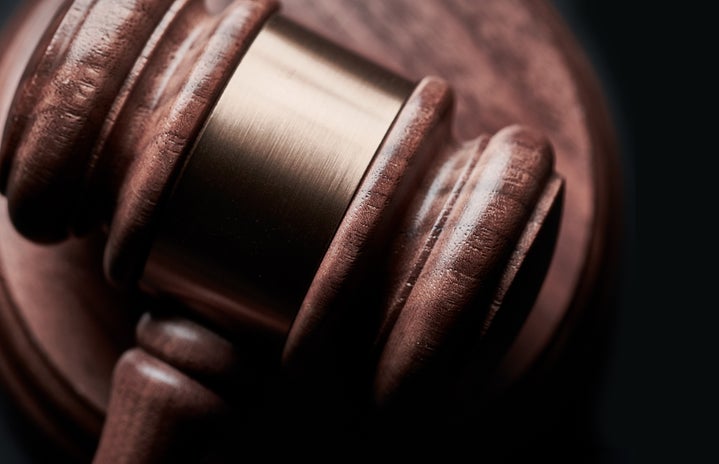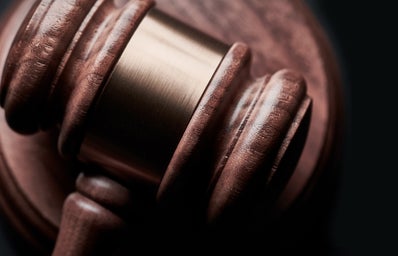Cast: Sacha Baron Cohen, Eddie Redmayne, Yahya Abdul-Mateen II, Jeremy Strong, Mark Rylance, Joseph Gordon-Levitt, Michael Keaton, Frank Langella, John Carroll Lynch, Alex Sharp, John Doman, Ben Shenkman
Director: Aaron Sorkin
Synopsis: Eight turned seven men stand on trial for conspiring to incite riots that led up to and surrounded the 1968 Democratic Convention held in Chicago in this based on true events courtroom drama.
Successful screenwriter Aaron Sorkin has just added a second credit to his title as a director with his newest film, “The Trial of the Chicago Seven.” Recurring sociopolitical and human rights issues is a running theme of the film. As the audience, we realize the unsatisfactory progress made as a society in the last 50 years.
“The Trial of the Chicago 7” takes place in 1968 and 1969 and is set, for the most part, in a courtroom where eight men stand on trial against the Federal Government for allegedly conspiring to incite riots at the 1968 Democratic Convention. We are introduced to the defendants’ pre-trial in their respective anti-war lives.
At the forefront are Tom Hayden (Eddie Redmayne), leader of the Students for a Democratic Society; Jerry Rubin (Jeremy Strong) and Abbie Hoffman (Sacha Baron Cohen), leaders of the Youth International Party; David Dellinger (John Carroll Lynch), leader of the Mobilization to End the War in Vietnam, and Bobby Seale (Yahya Abdul Mateen II), National Chairman of the Black Panther Party. Together, along with their defense counsel, this collash of activists take a stand against a conservative, corrupt, and capricious government.
The film starts grainy with wide margins, an old-school movie theater projection that transitions from black and white to color, giving the illusion of sitting in a local 60s cinema. Footage of historical events reel, providing context to the high tensions surrounding the Vietnam War, a goal of Sorkin’s, to emphasize the growing casualties resulting from the war. Thus we are thrust into a politically charged, war divided America.
As we meet the characters, the striking differences in persona amongst them become evident. From straight and narrow Hayden to unapologetic hippie Hoffman, a rivalry grows. It seems as the plot progresses, like a group of boys selected at random to be cabin mates at sleep away camp; different personalities, beliefs, and attitudes, but one common goal has placed them all in the same predicament.
As the dysfunctional family of defendants stands on trial for “carrying certain ideas across state lines,” they encounter an irrational judge, perjury, and manipulation of jurors. Sorkin develops the trial’s duality through the wit of imprudent Hoffman and Rubin at which we find the camera panning to Hayden, it seems, to capture his reactions to the absurd proceedings and events that occur inside and outside the courtroom. The numerous contradictions in the film add to the overarching theme of tragedy and triviality as a pair.
Frank Langella as Judge Hoffman, embodies law and order by showing continuous disregard for Bobby Seale’s right to representation and ordering for him to be bound and gagged, as it appears in the film, only for one day when in fact, it was several; after which he was granted a mistrial. Through Seale, Sorkin attempted to represent the unjust treatment of African Americans, especially those affiliated with the Black Panther Party, and the racism they endured at the hands of law enforcement but came up short.
Sorkin conveys themes that plague society today, just as they had when the seven men were on trial. While the film alludes to the systemic racism, suppression of 1st Amendment rights to protest, police brutality, and toxic fraternal rape culture present during that period, it does just that, alludes. Sorkin had an opportunity to be bold, but instead, he failed to accurately depict the severity of these issues, which does an injustice to the movements and protests that have occurred since the trial, especially those that have occurred in 2020. Issues such as these, that are still being fought and endured today, are all too relevant to be whispered in a film where a shout would have made a deeper impact.



